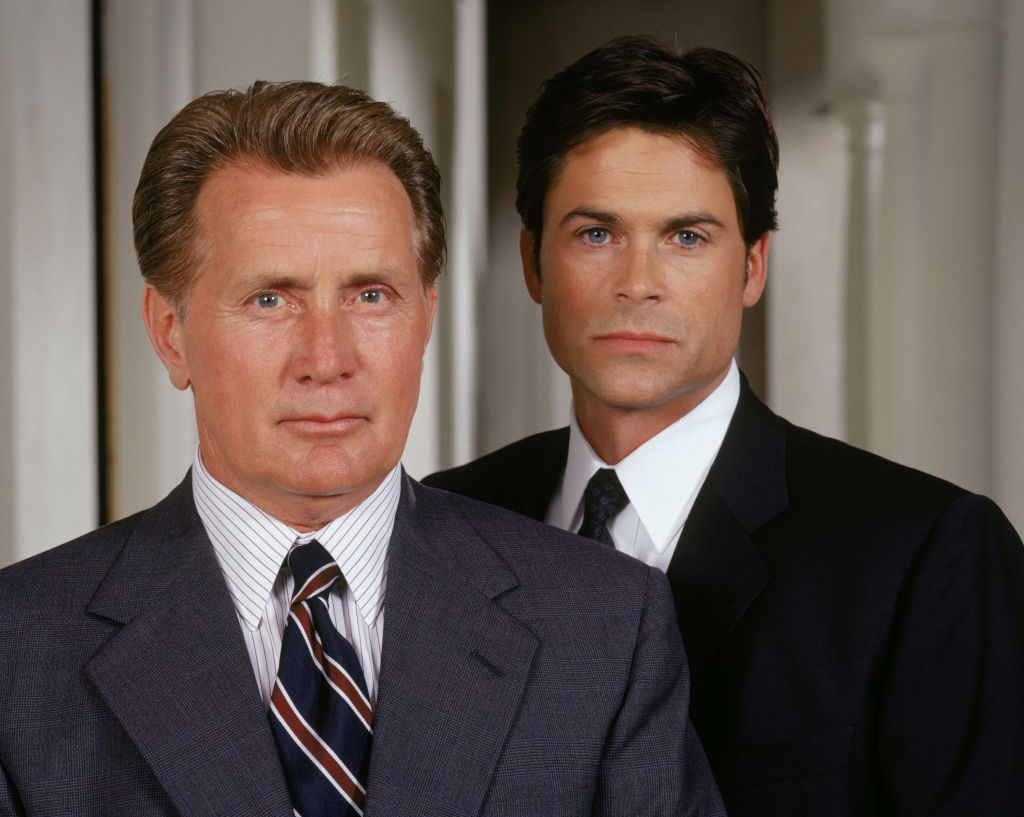Argentinians — and liberal commentators everywhere — are in a tizzy because Javier Milei made a familiar-sounding speech at the end of last week. Addressing the United Nations in New York, Argentina’s shaggy-haired libertarian President seemingly lifted a couple of paragraphs directly from political drama series The West Wing. Unsurprisingly, his chief speechwriter Santiago Caputo is a self-avowed fan of the show, who is said to have seen it “seven to nine” times and used to demand his staffers watch it before working for him.
“We believe in freedom of speech for all, we believe in freedom of worship for all, we believe in freedom of trade for all and we believe in limited governments, all of them,” Milei declared towards the end of his 15-minute address last week. It didn’t take long for Argentinian daily La Nacion to source the origin of these lines, or the President’s suggestion that “all peoples should live free from tyranny and oppression, whether it takes the form of political oppression, economic slavery or religious fanaticism.”
The words were first spoken by Jed Bartlet, The West Wing’s idealistic Democratic president — who like Milei is a former economics professor — in the fourth series of the programme: “We are for freedom of speech everywhere. We are for freedom of religion everywhere. We are for the freedom to learn […] We are for freedom from tyranny, everywhere, whether it comes in the guise of political oppression […] or economic slavery […] or religious fanaticism.”
Cue predictable accusations of “plagiarism”, as if Milei were an undergraduate submitting a dissertation rather than a national leader in the process of lowering his country’s hyperinflation and dragging it out of debt. Far more relevant is the question of why, two decades after the series aired, The West Wing is now more relevant to conservatives than to progressives. Its creator Aaron Sorkin crafted possibly the last work of popular culture with a Frank Capra mindset: a paean to politics, encouraging hope, high standards, literacy in the public debate, firmness of purpose. It is what we used to expect from writers such as Victor Hugo, Charles Dickens and Romain Rolland — and the exact opposite of House of Cards’s rank cynicism.
It helped that Sorkin is a real wonk, and some of the episodes turned on technicalities of public policy — miraculously made exciting and funny — with such accuracy that I recall young Elysée advisers under Nicolas Sarkozy using the episode “Mandatory Minimums” to formulate sentencing guidelines in the French justice system. President Bartlet is a Catholic, and doesn’t hesitate to weigh the moral implications of issues as varied as personal responsibility, welfare benefits, and reparations.
What also made The West Wing unique was its witty, funny staccato lines, delivered at manic speed by an ensemble cast. Consider this dialogue between Bartlet’s foreign policy adviser and his head of communications:
“I was thinking that it would be a good idea, as a symbol to signal how serious we are about our relationship with China, if we asked them for another panda bear.”
“Well, I think it would be a good idea, as a symbol to signal that China is serious about their relationship with us, if they stopped running over their citizens with tanks.”
Our leaders should really be plagiarising this verbatim. Jed Bartlet is an unashamed hawk when necessary, and he believes in morality in politics and making unpopular choices. He also favours rewarding talent over diversity and “equity” quotas, while opposing endless reparations and identity politics — all stances which have now settled firmly on the Right side of the spectrum.
Far from attacking his use of speeches from the show, we should find it reassuring that Milei is willing to stand his ground à la Bartlet, in his economic policies as well as his international stances: pro-Israel, critical of the Russia-inspired Brics alliance (he wants to make Argentina a global partner of Nato instead) and unashamedly pro-West. Milei is too easily dismissed as a “populist” but, unlike many of today’s populist leaders, he appears to have principled inspirations.











Join the discussion
Join like minded readers that support our journalism by becoming a paid subscriber
To join the discussion in the comments, become a paid subscriber.
Join like minded readers that support our journalism, read unlimited articles and enjoy other subscriber-only benefits.
Subscribe